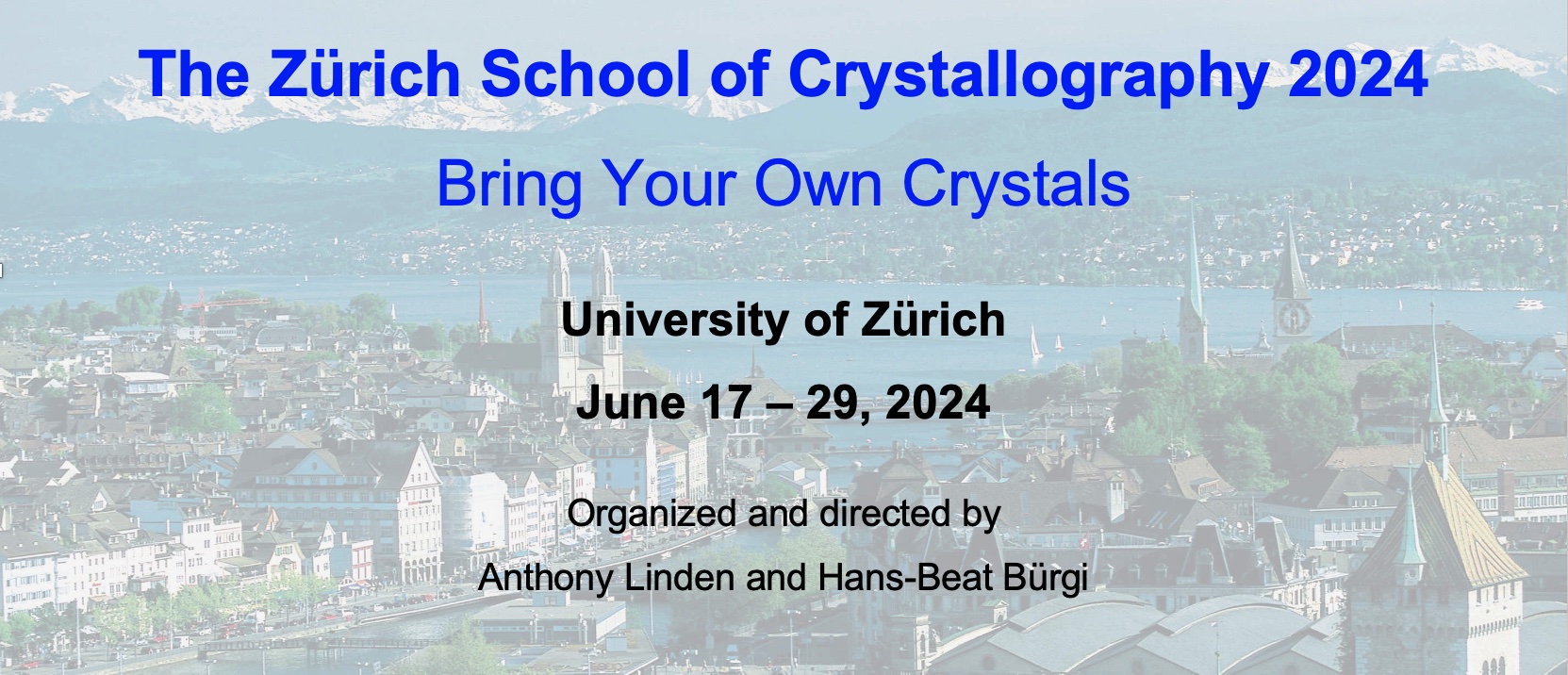
Intended audience and purpose of the School
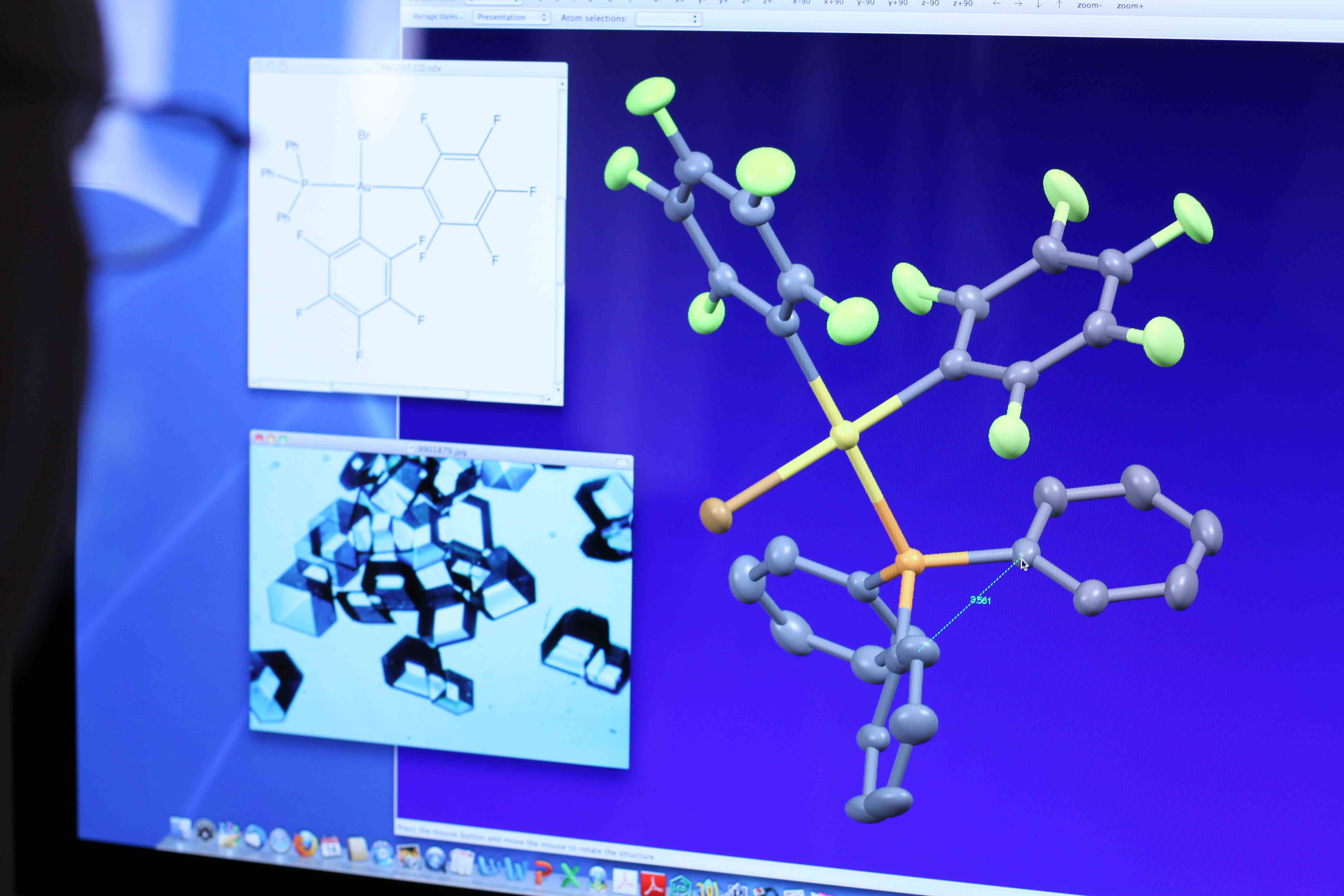
The School is intended primarily for young researchers in the chemical, molecular and solid state sciences. Applicants from all regions of the world will be considered. The goal is that the participants gain hands-on experience plus a theoretical background in the art and science of routine crystal and molecular structure determination of small molecules by single-crystal X-ray crystallography, as well as in the interpretation and presentation of results. The School will consist of lectures, computer exercises and practical work. The School is ideal for anyone for whom a knowledge of crystal structure analysis would be particularly helpful in their current research.
A background in university-level chemistry and mathematical concepts is helpful. No specialized knowledge of crystallography is required, but some prior experience is useful. The course language is English and participants should be sufficiently proficient in English to be able to understand the lectures and participate in discussions without difficulty.
The Zurich School is not suitable for persons interested specifically in powder diffraction techniques or macromolecular crystallography.
Look at reviews and impressions from past Schools.
IUCr Scientific Freedom Policy, Gender Equity and Diversity, and Code of Conduct Statements
The Organizing Committee of the Zurich School of Crystallography observes the basic policy of non-discrimination and affirms the right and freedom of scientists to associate in international scientific activity without regard to such factors as ethnic origin, religion, citizenship, language, political stance, gender, sex or age, in accordance with the Statutes of the International Council for Science. At this School no barriers will exist (other than capacity limitations) which would prevent the participation of bona fide scientists.
The Zurich School of Crystallography also adheres to the Gender Equity and Diversity principles and Code of Conduct policies of the IUCr. In case of grievances, the first point of contact is the directors of the School.
Bring Your Own Crystals
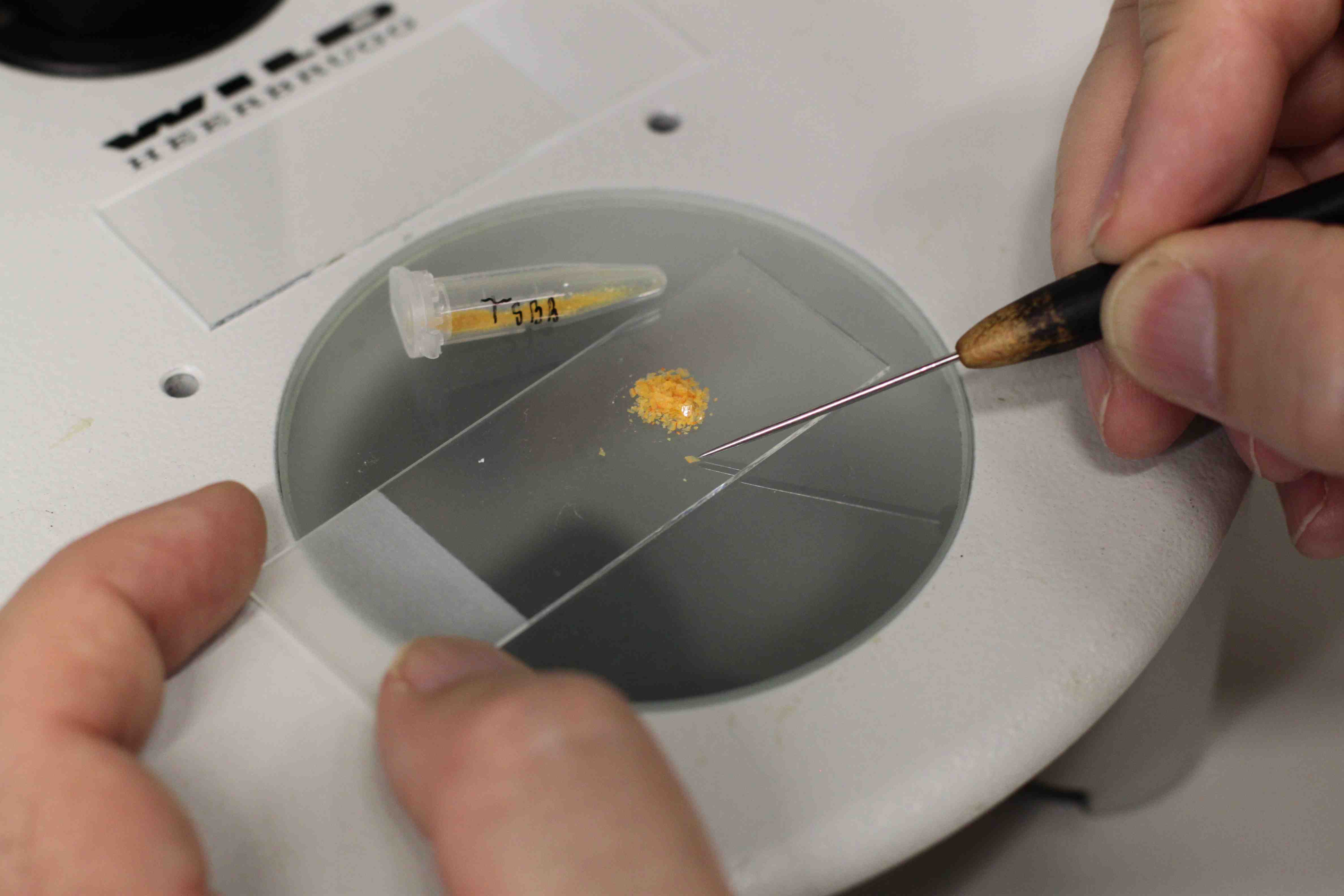
One unique aspect of the School is the personal attention that participants receive; there is one tutor for every two participants. Participants also have the opportunity to collect data and determine the structure of one of their own compounds that they are currently interested in and that they have not worked on before. Participants prepare and send their own crystals of one compound several weeks before before the School, so that the crystal quality and suitability of the problem may be assessed.
Diffractometers and computers
During the school, participants will be able to use the X-ray diffractometers in the Department of Chemistry of the University of Zürich and at the ETH Zürich. The diffractometers available include Rigaku Oxford Diffraction dual wavelength SuperNova CCD and Synergy-S (Dectris and HyPix detectors) diffractometers, plus a dual wavelength Bruker D8-Venture instrument.
Participants are expected to bring their own laptop for the practical exercises and the structure solution, refinement and analyses of the provided exercise structures and that of their own sample. Participants be provided with all of the necessary crystallographic software, which they should install before the school. We will mainly use Olex2 (with the SHELX programs incorporated) and PLATON for the structure determinations and analyses you will carry out. Many other ancillary programs and the crystallographic databases will also be available.
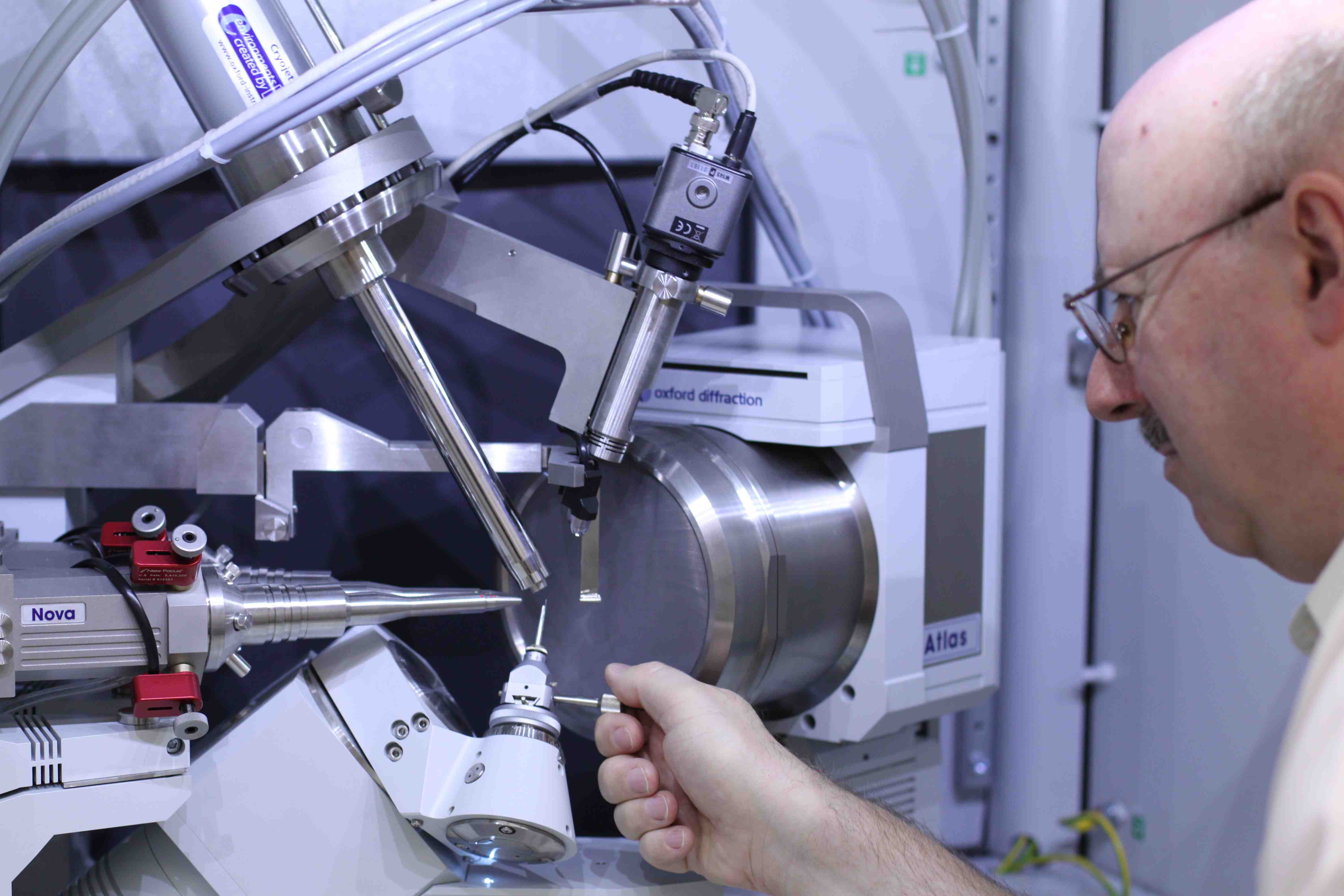
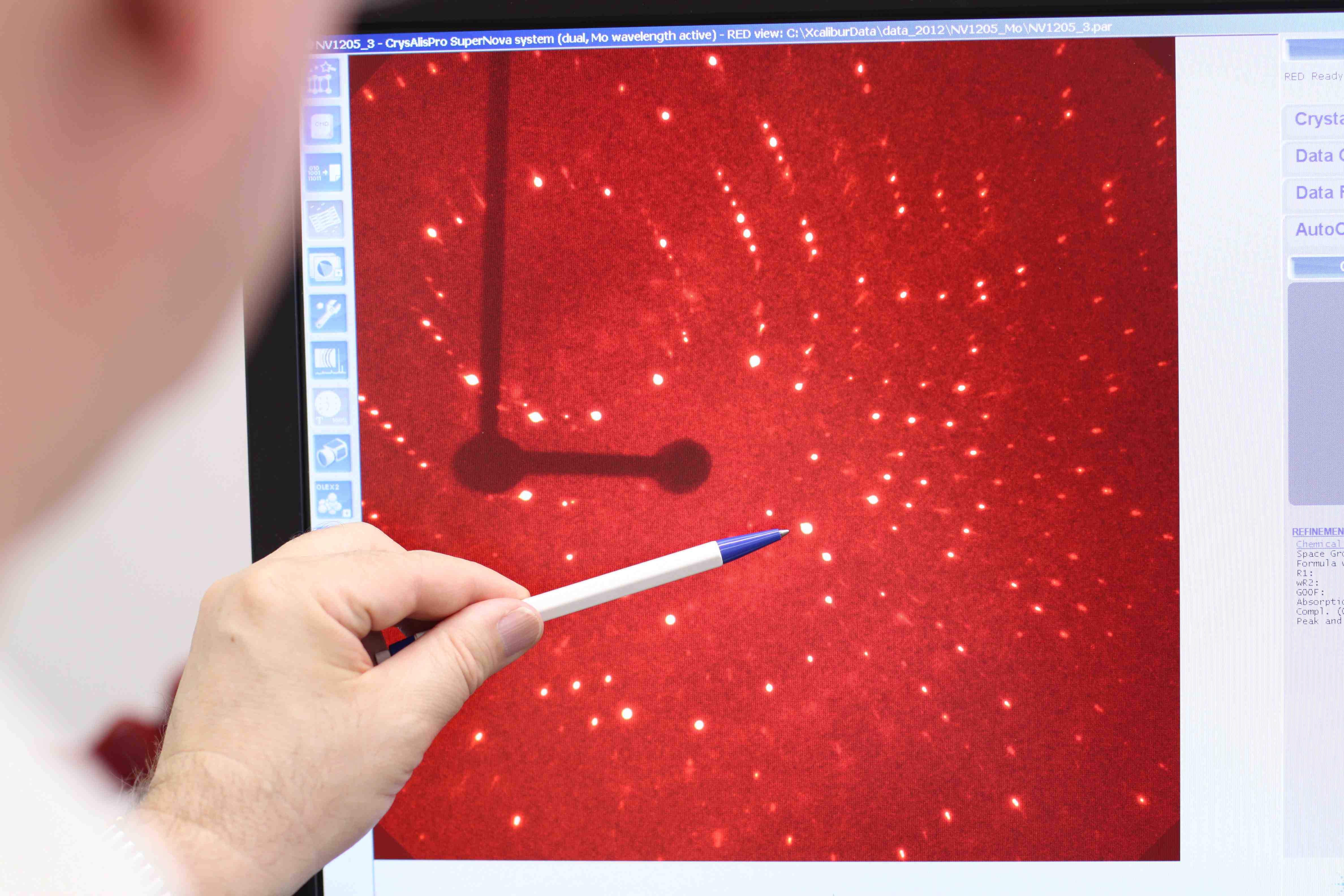
ECTS credit for attending the School
The University of Zürich offers successful students 3 ECTS points for the 76 contact hours of the School. Receiving credit requires

- attendance during the full duration of the School,
- passing a two-hour written examination on the final morning of the School and a positive assessment of the practical work by the directors of the School.
ECTS points are only relevant for participants coming from a European university. Acceptance of the credit points by the student's home university must be negotiated by the students themselves on the basis of the detailed School programme, the result of their examination and the assessment of their work by the School directors.
All participants will receive a certificate of attendance.